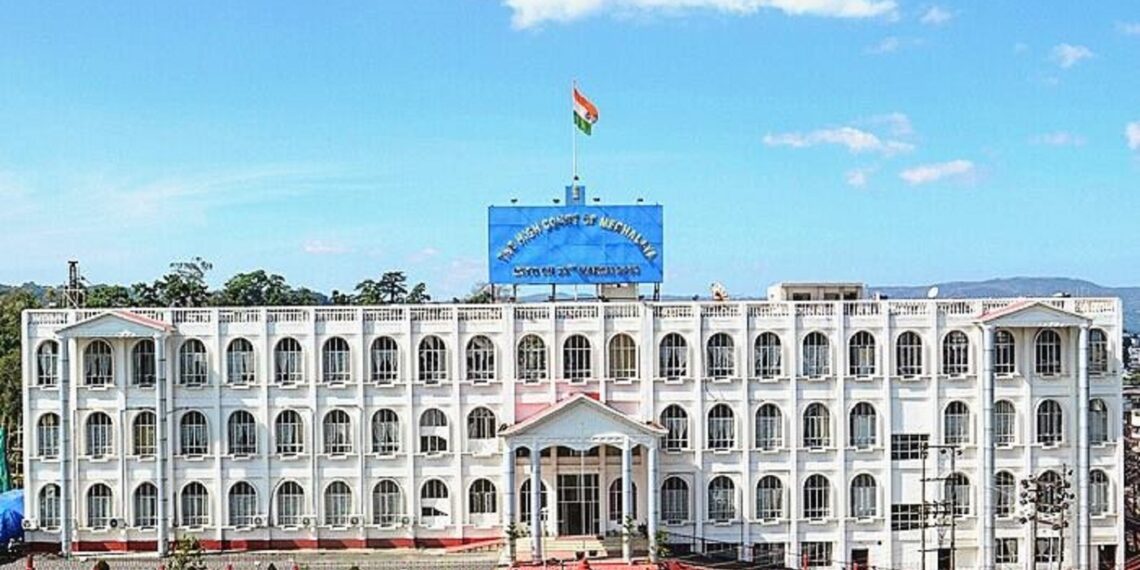SHILLONG: The Meghalaya High Court has dismissed the bail application of a petitioner believed to be associated with the banned Hynniewtrep National Liberation Council (HNLC).
The decision came in light of the petitioner’s arrest in connection with a Special NIA Case of 2022, which alleged offenses under various sections of the Explosive Substance Act, 1908, on February 19.
The petitioner contended that there was insufficient evidence to prove his involvement in conspiring to commit bomb blasts under Section 6 of the Explosive Substance Act, 1908.
However, the high court deemed this argument unsubstantiated, leading to the dismissal of the bail petition.
ALSO READ Meghalaya’s Deputy CM makes passionate plea to HNLC to resume peace talks
The court, however, granted the petitioner the opportunity to approach the Special Court (NIA) with a fresh bail application.
Meanwhile, efforts to revive peace talks between the Meghalaya government and the HNLC have taken centre stage in the state.
Deputy Chief Minister Prestone Tynsong had recently issued a heartfelt plea to the proscribed outfit, urging them to reconsider their decision to withdraw from the tripartite peace talks.
Tynsong emphasised the importance of dialogue and urged the HNLC to prioritise the region’s peace and stability.
The HNLC’s withdrawal from the peace negotiations earlier this year had raised concerns about the prospects of reconciliation.
Citing unaddressed grievances and the government’s alleged “lack of seriousness” in resolving key issues, the outfit expressed frustration and called for renewed efforts towards finding a resolution.
ALSO READ Meghalaya Congress urges HNLC to reconsider peace-talks withdrawal, slams govt
In response to the impasse, cabinet minister Paul Lyngdoh had hinted at a potential breakthrough, suggesting that the government may consider granting amnesty to HNLC leaders.
This statement has injected a sense of optimism, signalling a possible thaw in relations and paving the way for constructive dialogue to address longstanding grievances.
Amidst these developments, the court’s decision, coupled with renewed efforts towards peace talks, underscores the importance of dialogue and reconciliation in addressing the issues.















